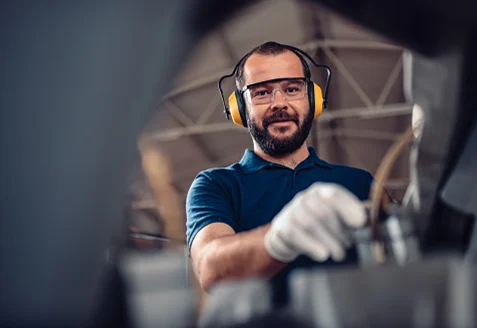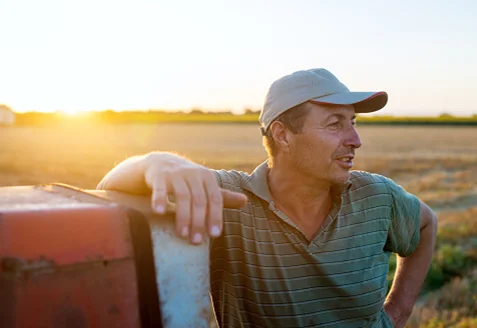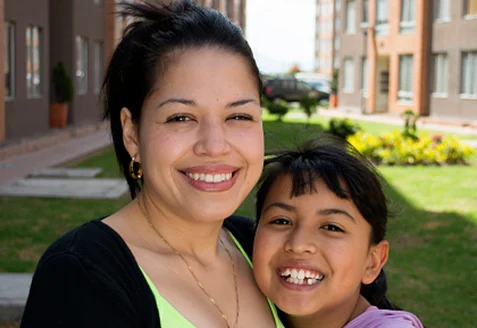The Voices of Recovery
Telling your story is an important part of recovery. These are stories of people in Iowa who have experienced hardship due to substance use. Their stories and recovery experience may sound familiar, but know that your story is unique. People want to hear your story, and they want to share yours. Join a conversation.
Get inspired to tell your story, in your words. So, whether it's starting a new chapter, or picking up where you’ve left off, your story is up to you.






